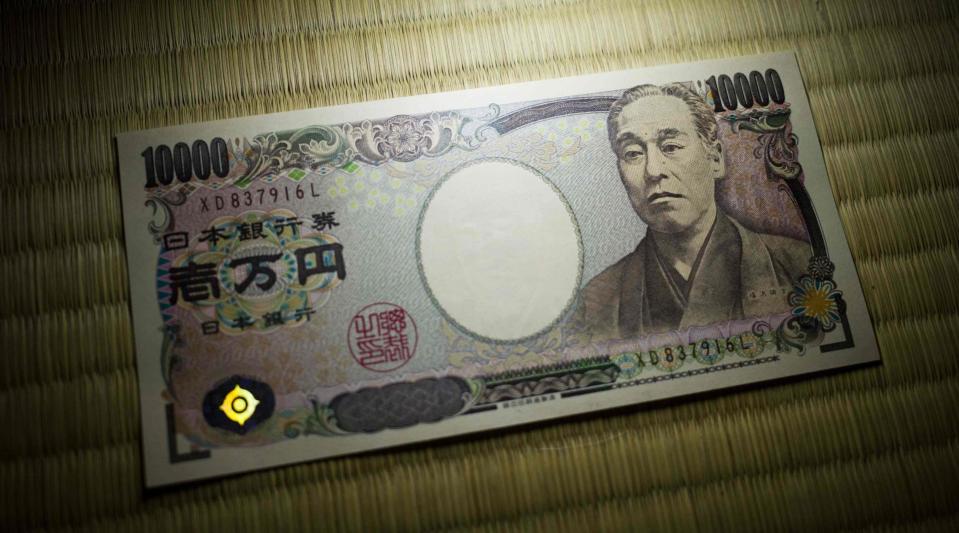'Disappointed before', but structural shifts make Japan 'extremely interesting': Bank of Singapore, Morgan Stanley CIOs

“There are real positive fundamental differences between the Japan we know today versus Japan that we knew five to 10 years ago.”
Japan is worth another look from investors, thanks to structural shifts like wage negotiations and the effects of Abenomics coming through after nearly a decade. Speaking at a panel on March 14, chief investment officers from Bank of Singapore and Morgan Stanley Private Wealth Management Asia think Japanese equities and the yen hold promise of returns.
Japan is “extremely interesting” with “reasonable” valuation, says Tan Wee-Kiat, co-chief investment officer and head of discretionary portfolio management at Morgan Stanley Private Wealth Management Asia. “I think India does look a bit more expensive, but there are real positive fundamental differences between the Japan we know today versus Japan that we knew five to 10 years ago.”
Abenomics’ “three arrows”, which includes monetary easing from the Bank of Japan, fiscal stimulus through government spending and structural reforms, made “very important and fundamental changes to the market”, says Tan. “We are only starting to see the benefits of that now.”
He points to improvements in Japan’s corporate governance, such as improving dividend payouts, launching share buybacks and activist shareholders “having a say in the agenda”. “I think Japan looks very interesting [to] us at this point.”
‘Disappointed before’ but this time it’s different
Jean Chia, global chief investment officer at Bank of Singapore, emphasises these “structural shifts” that are underway in Japan. “We have been disappointed by the market before, for those of us who have been in the industry longer. However, what we are noticing are structural shifts — case in point, the wage negotiations that are underway today.”
Toyota, Japan’s largest automaker, has offered workers its largest wage hike since 1999. Other major Japanese companies that have approved wage increases include Nissan, Nippon Steel, Honda, Mazda, Japan Airlines and Ajinomoto.
This is only the second hike in decades, says Chia. “We’re talking about pretty punchy numbers, like 3% and up. So that, of course, has a very significant impact, not just on the consumption side of things, but also in terms of the wealth effect and the potential performance for some sectors like banks [and] property.”
Investors should be conscious about a “definite” shift in Japan, says Chia. “[This is] coupled with our view, at least, that the yen will appreciate versus the dollar with two dynamics: the domestic story, as well as the US rate cut story. So, from a total return perspective, we think that long yen [and] long Japan equities make a lot of sense right now.”
US exceptionalism over
Speaking at the Financial Times’ Wealth Management Summit Asia, Chia stressed that US exceptionalism will decline as the dollar begins to moderate. “The dollar has a big part to play with the phenomenon you’re seeing, which is money sloshing around in money market funds [and] in US equities. Of course, as the dollar starts to moderate in terms of strength, it will start to weaken. That money will start to find new homes.”
US exceptionalism is at risk, says Chia, and Bank of Singapore’s base case expects the US to enter a “mild” recession. “Our base case is for a Fed cut at the middle of the year, starting in June, [with] three cuts for the year.”
The Fed is due to meet on March 20. Chia acknowledges “a very dynamic” scenario, with payroll and CPI figures bringing the probability of a June cut “down in the short run”.
However, her team has stuck to their base case. “With that in mind, we actually increased risk at the beginning of the year. As of November [2023], we actually added risk and went underweight cash… We think we are prepared for the risk through our exposure in duration through the Treasury market, as well as in investment-grade bonds. That’s why we’re overweight in the equity market.”
See Also:
Click here to stay updated with the Latest Business & Investment News in Singapore
Singapore’s housing rally is set to end, Morgan Stanley says
Get in-depth insights from our expert contributors, and dive into financial and economic trends

 Yahoo Finance
Yahoo Finance 